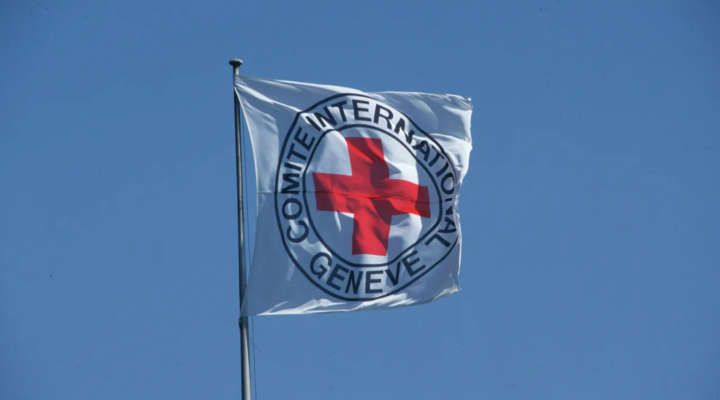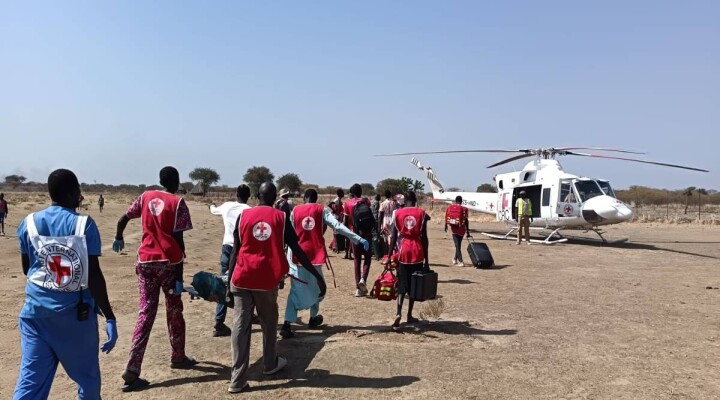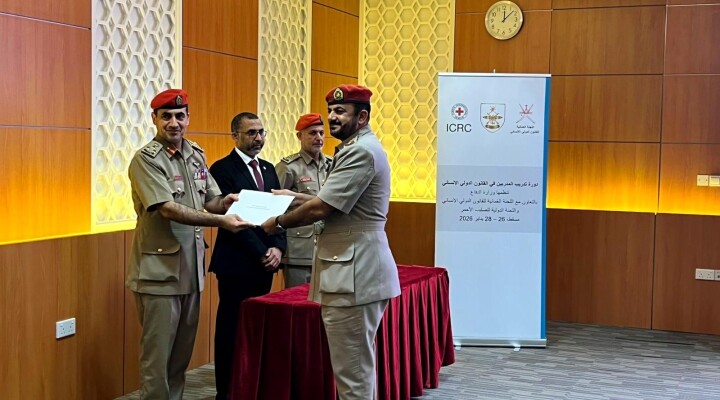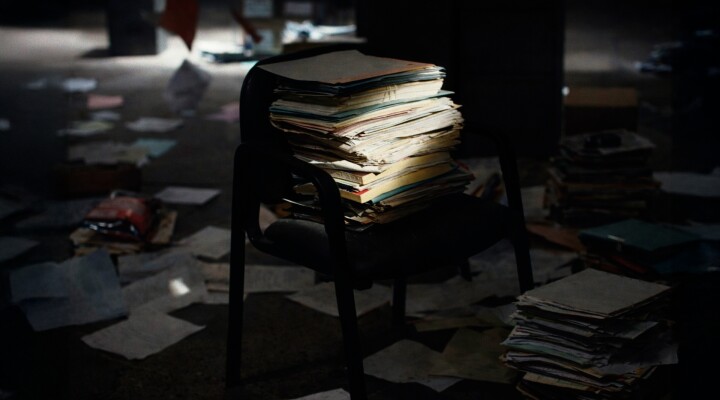Conflict in Ukraine: periodical power cuts in Donbas puts COVID-19 patients at risk
As the region around Donbas in Ukraine, enters its seventh year of conflict, the situation for civilians is increasingly difficult. Some schools have been forced to close and conflict has left many elderly residents isolated and hungry, and made large areas unsafe due to unexploded ordinance that lie hidden in parks and road sides.
Many hospitals and health care facilities have been forced to close, putting even greater pressure on those that remain open. People with chronic conditions such as heart disease, and diabetes and the elderly have always borne the brunt of these shortages, but now with COVID-19 they are at even greater risk.
With the overall degradation of infrastructure, and threat of ongoing hostilities, comes the potential loss of vital services such as water and electricity where it is needed most. For those patients requiring ventilators or intensive care in hospital, it is a matter of life and death.
The ICRC has been supporting several hospitals in the area, helping to strengthen their response to COVID-19 by providing medical equipment, pharmaceuticals, as well as generators and water tanks to ensure a constant supply of electricity and water for hospital wards set up to treat COVID-19 patients.
Eduard Krawchenko, Director of Rubizhne city hospital, is grateful for the new generators provided by the ICRC, describing it as “a much needed and timely assistance, to have an autonomous source of electricity, because we live in such difficult times, and there may be a power cut along the frontline area at any moment”.
At a time when communities and authorities are facing the challenge of a global pandemic, the ICRC calls for all sides to consider, in the planning and conduct of hostilities, the public health imperative to ensure timely access to health care, hygiene and basic services for all, including communities living in the conflict area of Donbas.
Sanela Bajrambasic, Communications Coordinator, ICRC, Kievsbajrambasic@icrc.org
Phone: +380952628049
SHOTLIST
Location: Ukraine: Rubizhne (Luhansk/Lugansk region), Mariupol (Donetsk region); Switzerland: Geneva
Camera / Producer: Mykolay Lupanenko, Oleksandr Mlekov
Date of filming: April 2020
Length: 05:54
On-Screen Credit: ICRC
ICRC ref: 20200417-Ukraine-Covid_Prep-AVN
Copyright: ICRC access all
00:00-00:58 Patients and medical staff of the Infectious Diseases Department of the Rubizhne hospital in Luhansk/Lugansk region.
00:58-01:04 Information on preventive and protective measures during the COVID-19 pandemic.
01:04-01:25 Exterior of the Infectious Diseases Department of the Rubizhne hospital, Luhansk/Lugansk region.
01:25-01:54 Soundbite Eduard Krawchenko, Director of Rubizhne city hospital (in Russian): “We are grateful to the International Red Cross, for the much needed, and timely assistance, to have an autonomous source of electricity, because we live in such difficult times, and there may be a power cut along the frontline area at any moment”.
01:54-02:16 Patients and medical staff of the Infectious Diseases Department of the Mariupol Emergency Hospital, Donetsk region.
02:16-02:19 The Infectious Diseases Department sign outside of the building.
02:19-02:45 Soundbite Olena Shapoval, the Head of the Infectious Disease Department of the Mariupol Emergency Hospital, Donetsk region (in Russian):
“Our medical facility is the base for treating patients with coronavirus infection or with suspected coronavirus for the whole southern part of Donetsk region. The situation requires us to be fully prepared for working to tackle the disease. Of course, the workload of doctors and all medical staff has increased greatly.”
02:45-03:09 Medical staff working in the Mariupol Emergency Hospital, Donetsk region.
03:09-03:21 The doctor meets an ICRC colleague and shows them the hospital set-up.
03:21-03:32 Water boilers installed in the Mariupol hospital by the ICRC.
03:32-04:17 The ICRC offloads a generator and equipment for disinfection in front of the the Infectious Diseases Department of the Rubizhne hospital, Luhansk/Lugansk region.
04:17-04.42 Interview with Olena Loshakova, ICRC in Severodonetsk (in Ukrainian):
“We donated this equipment as a part of our response for the pandemia of COVID-19 so the doctors can provide qualitative medical help to the population timely. Thanks to this equipment, in particular the generator, they will be able to ensure power supply of the infectious disease control department of the hospital in case of electricity cut-off.”
04:42-05:36 Loading humanitarian cargo from the ICRC on to the Ukrainian plane at Geneva airport.
05:36-05:54 Soundbite Olena Loshakova, ICRC in Severodonetsk (in Ukrainian):
“A part of this cargo will be delivered to the Luhansk region and distributed between medical facilities located in the area of the armed conflict and those identified as key to respond to the needs of patients with COVID-19.”
ENDS



